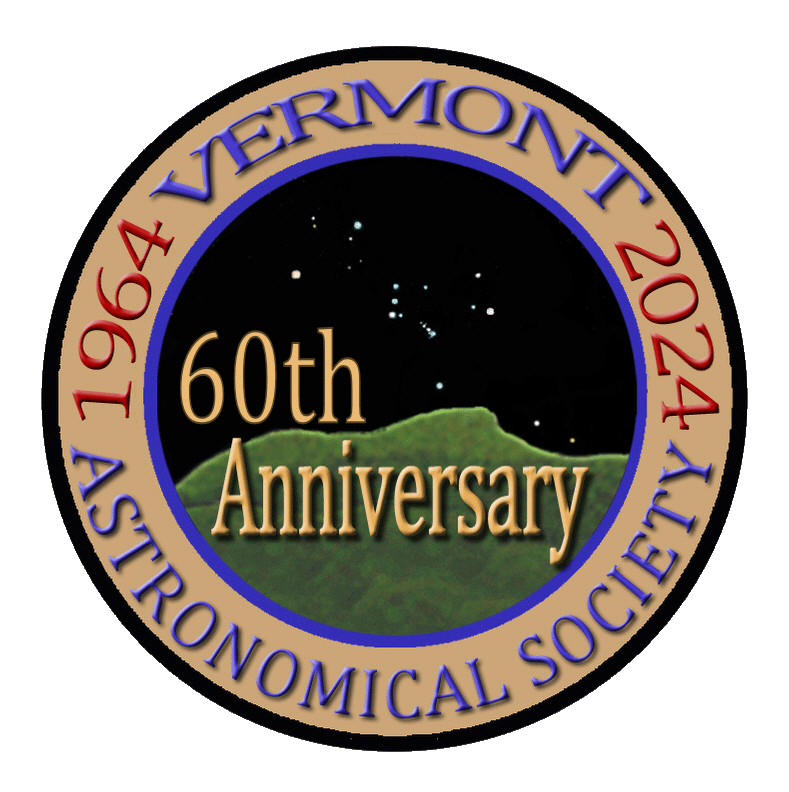Hi all, I took advantage of the beautiful skies last night to see if I could capture the supernova in M101. It is cool for sure.
Here is 40 minutes on M101. Kind of happy how good I can do with only 40 minutes with a OSC camera and my TEC180. The supernova doesn't really look entirely stellar as you can see some rays emanating from it... it's very cool.
@greg-erianne Thank you, I really like these new OSC cameras... this one has sat for most of its life in my basement as I toil with the mono and filter wheel. This is a really nice camera. Can't believe what 40 minutes can do.
Terri
Hi Terri!
I'm so glad you captured it. I debated but there's been another project I've been working on for about 6 nights now. In 30 minutes we have more opportunities!
Maura
Hi Terri!
I like your shot better than mine. Duh! You didn't mention what camera it is that you used. Do tell!
Hi Terri!
I like your shot better than mine. Duh! You didn't mention what camera it is that you used. Do tell!
Hola Peter, I used a one shot color camera, the ASI2600MC. It's really a fine camera that has no amp glow. Makes AP a little less tedious versus using the mono camera and filter wheel. I think for regular RGB images, I may just use this camera from now on and save the mono for the narrow band imaging.
What camera did you use? Did you use one of your integrating video cameras? On facebook it said you used a phone, but that seems optimistic.
Terri
I thought this was kind of interesting, so I thought I'd share it. I imaged M101 at the end of March (before the supernova) and then again last night and wanted to compare images. The image quality doesn't come anywhere near what Terri had in her image, but at least the supernova is visible.
I also couldn't really process both images to look the same since I had so much more time on 3/30 than last night (5/23). But I think you'll get the idea.
Askar 107PHQ
ASI2600MC Pro (OSC camera)
ZWO AM5 mount with guiding via ASIAir Plus using an ASI178mm mini and a 60mm F4 guide scope
3/30/23 - Light Frames [Total Exposure 4:40]
- Antlia RGB Triband Ultra filter -- 600s x 22 frames. . . . . . . . . . . . . .[Total Exposure 3:40]
- No filter (UV/IR cut filter only from ASI2600MC) -- 180s x 20 frames [Total Exposure 1:00]
5/23/23 - Light Frames [Total Exposure 2:55]
- Antlia RGB Triband Ultra filter -- 300s x 35 frames. . . . . . . . . . . . . .[Total Exposure 2:55]
All light frames calibrated with dark, flat, and bias frames
Pre- and post-processed in PixInsight
Some post-processing in Photoshop for generation of tiff for side-by-side image
Here's my contribution. I have my 6" f/4 on the Atlas mount right now so that's the scope I used. Image is a stack of 15, 4 minutes exposures, with darks and flats applied. Background is a little splotchy, with linear noise. But I darkened it enough so it's not particularly noticeable. I took JPG images only rather than JPG & RAW, so that doesn't help. And only 1 hour of time.
Field of view is 2 x 1.3 deg. M101 is offset because that's where the goto put it and I said good enough. Turns out that was a bonus with the galaxy top center, NGC 5474, which is labeled in Starry Night Pro planetarium software as a spiral though it looks "irregular". But I do see what look like tiny specks of star clouds in spiral arms. There are actually at least 7 other galaxies including the one on the far left that doesn't show on Starry Night Pro.
Camera- Modified Canon T7i. Image downs ampled 33%.
Paul
Greg and Paul, great captures of the supernova.. this was my first. I think at least Paul you've imaged them before. I hope I get to see this one through the scope as well.
Terri
Here's a little nicer version of the inset photo with 2 nights of integration. So I have 2 hours instead of 40 minutes on this.
Terri
A newer version.. a bit more focus on the processing. Super nova still there.

